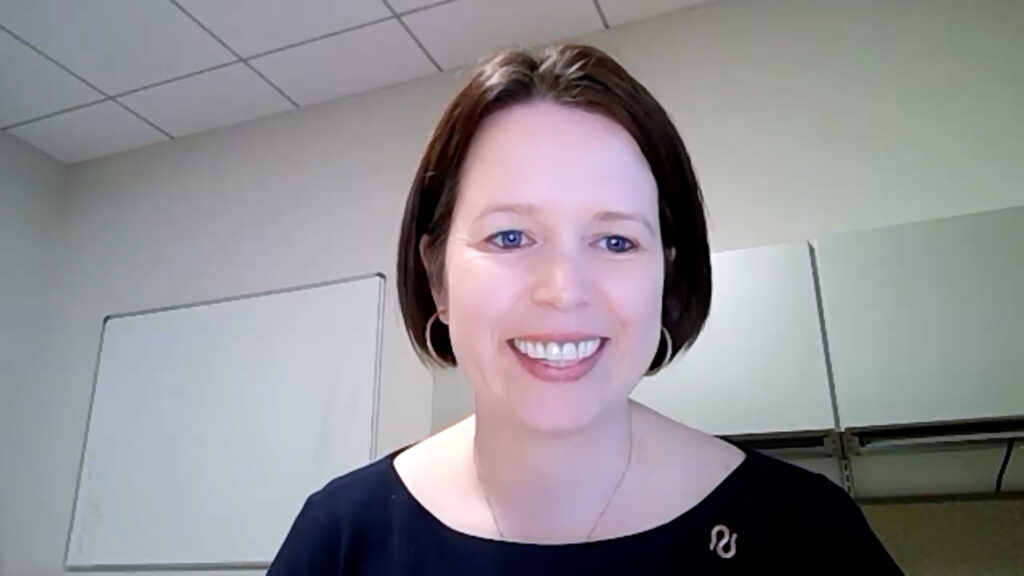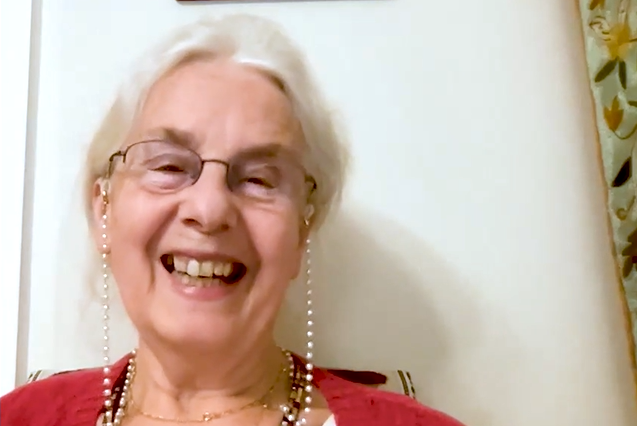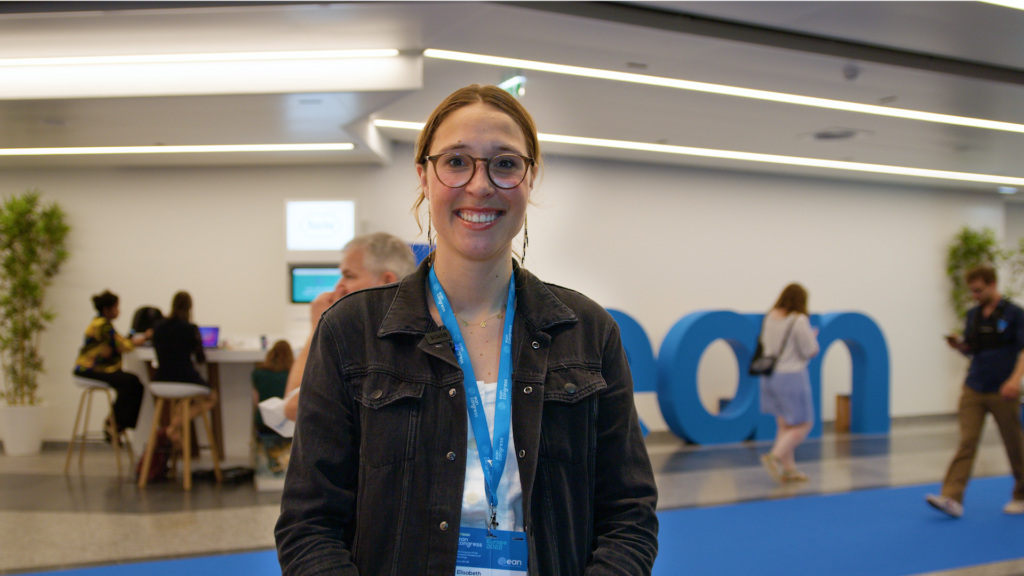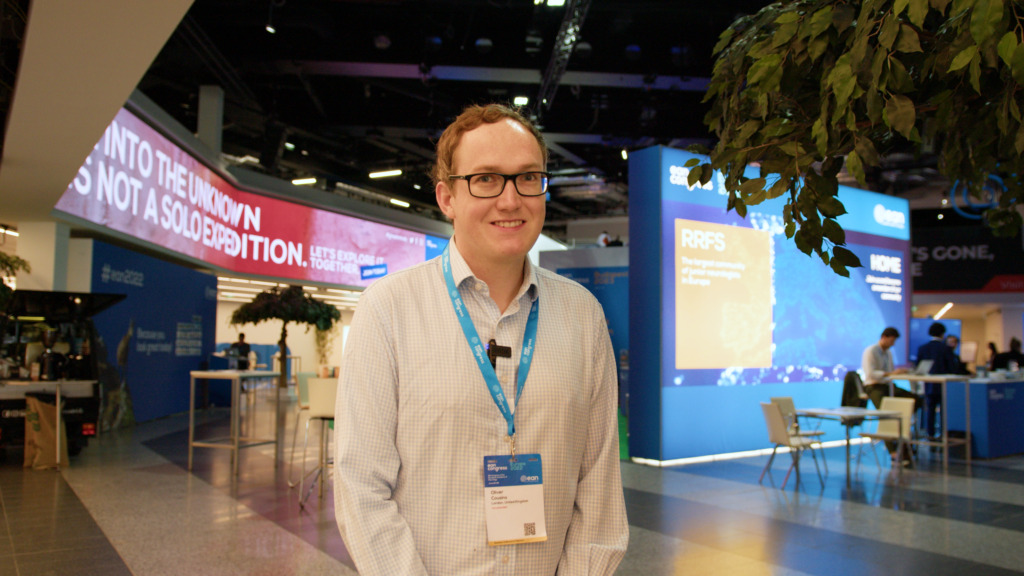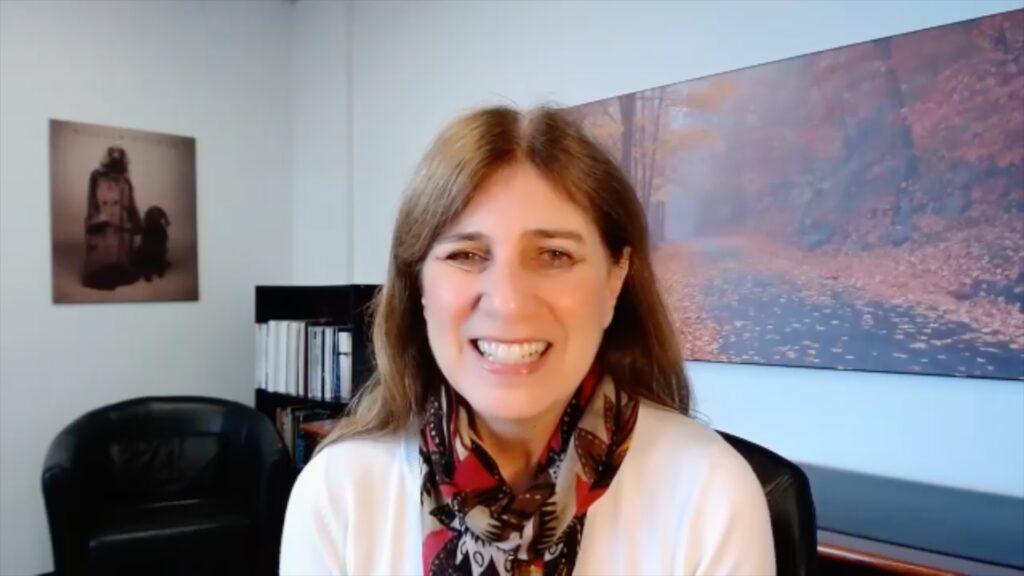In our next expert Q&A we are delighted to welcome Prof. Bengt Winblad. Prof. Winblad is a prominent figure in geriatric medicine and Alzheimer’s research, having served as Head of the Division of Neurogeriatrics at Karolinska Institutet and chaired the European Alzheimer Disease Consortium. He has made significant contributions to drug development and biomarker standardization for neurodegenerative diseases, earning global recognition for his prolific research output and impact. Prof. Winblad has also been a member of prestigious scientific organisations, including the Nobel Assembly, and has received numerous awards, most recently the 2019 European Grand Prix for Research on Alzheimer’s Disease.
We invited Prof. Winblad to discuss the impact of his esteemed colleagues in the Alzheimer’s field, share his predictions for the future of Alzheimer’s research, and offer advice to early-career neurologists on achieving a successful career.
Who is someone in neurology/the area of Alzeheimer’s research that you feel has been particularly influential over the past 10 years?
Sophia Schedin Weiss, PhD, Associate Professor, has initiated studies on alterations in protein glycosylation in Alzheimer disease. Longitudinal studies show that glycan biomarkers in blood and cerebrospinal fluid predict future cognitive decline and development of Alzheimer disease1,2 even before alterations in the classical biomarkers Aβ and phospho-tau are detected. Moreover, a strong correlation of glycan biomarkers with phospho-tau is observed in subjective cognitive decline but not in control cases.3 These pioneering findings suggest that glycans will be important as prognostic biomarkers and for future precision medicine approaches of the disease.
References
- Schedin-Weiss S, Gaunitz S, Sui P, Chen Q, Hasla SM, Blennow K, Winblad, Dell A, and Tjernberg L O. Glycan biomarkers for Alzheimer disease correlate with T-tau and P-tau in cerebrospinal fluid in subjective cognitive impairment. FEBS J. 2020;287:3221–34.
- Zhou RZ, Vetrano DL, Grande G, Duell F, Jonsson L, Laukka E J, Fredolini C, Winblad B, Tjernberg L, and Schedin-Weiss S. A glycan epitope correlates with tau in serum and predicts progression to Alzheimer’s disease in combination with APOE4 allele status. Alzheimers Dement. 2023;19, 3244–49.
- Egeback Arulf S, Ziyue Zhou R, Kirsebom BE, Jejcic A, Fladby T, Winblad B, Tjernberg L, and Schedin-Weiss S. Bisecting N-Acetylglucosamine correlates with phospho-tau181 in subjective cognitive decline but not in control cases. J Alzheimers Dis. 2024;100:S93–101.
What is your prediction for where your subspecialty will be 10 years from now?
We can see that geriatrics is very much focused on a broad spectrum of diseases leading to functional and intellectual problems. Cognitive evaluations are important both in geriatrics and in neurology. The dominating and most costly disorder in our healthcare system. I can see that young doctors are very un-knowledgeable of what it means to be a geriatrician, they are more prone to become e.g. neurologist / psychiatrists. Therefore, there is a great need to better inform young students about the possibilities to combine research with a clinical career. In future, we will also see a split into more sub-areas, such as neurogeriatrics, acute geriatrics and multimorbidity.
Do you have any advice for early career neurologists?
My advice for early career geriatricians/neurologists is to early learn basic research with a focus on the mechanisms, which are necessary to know in drug discovery. With this research knowledge you will be able to give good tutorship to young students/physicians when starting your clinical career. If you want to make a clinical career, you can always lead the preclinical development. All new treatments, methods used by geriatricians/neurologists emanate from the basic research in e.g. biochemistry, pharmacology, genetics and other method generating areas.
Why not take a look at Prof. Winblad’s recent articles and videos on touchNEUROLOGY.com here






